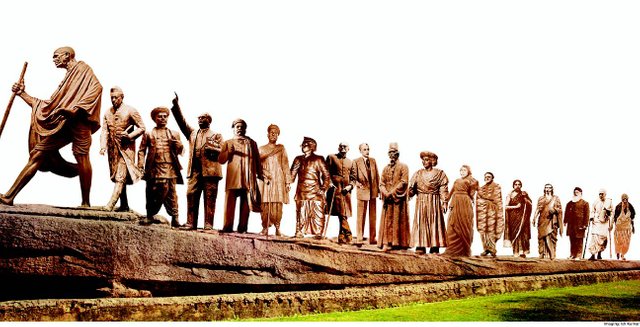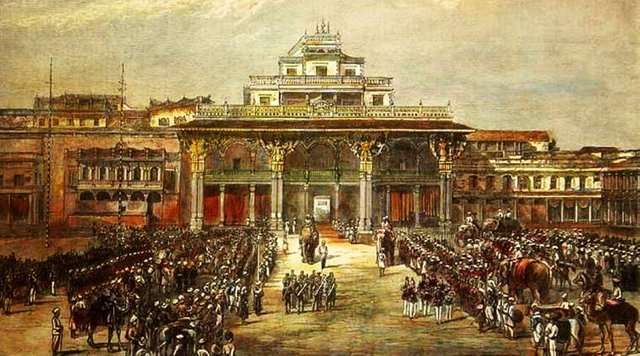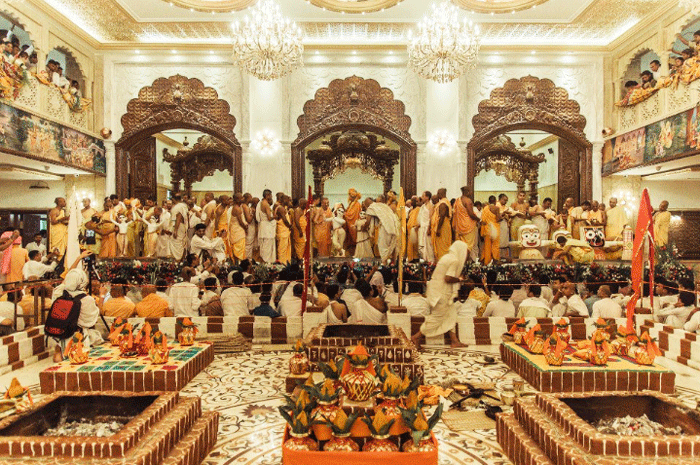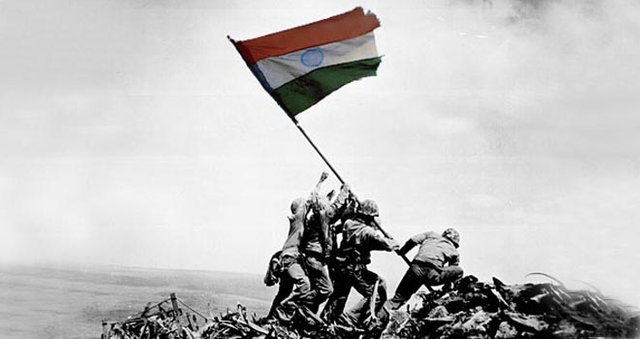The Lack of Chronology Causes The Difficulty of Studying Indian History
The Lack of Chronology Causes The Difficulty of Studying Indian History

Image Source
Occurrences that took place fifty years ago and traditions formed 1500 years ago are on much a similar level to the villager, because they lives from season to season. The four yugas, periodic ages of humanity that stay in Indian myth, mirror the four major changes of season. They are supposed to end with a universal downpour, after which the cycle starts once more. This is generally what occurs in the field after each monsoon.
Consistently is much the same as the others, the distinction that some have a good harvest, others starving. Records are not kept, the peasant being totally unskilled. Even when they had given training, the way of life is with the end goal that proficiency is of no use to the villager, who gradually slips by into obliviousness. No books, newspapers, or any reading issue enters the normal town. Uncommon care has along these lines to be used in isolating the components of a town tradition.
Then again, it demonstrates how exceptionally ancient observances can get by with little difference in outward form right up 'til the present time. Regularly the feudal baron or the brahmin priest himself assumed control over these local customs as his own, maybe giving them a little surface varnish. History as we have characterized it is to be seen shown in full detail in the villages of India, if one has the vision and understanding required to read that history.
It says first that the prevailing class in India and India's urban life bears the stamp of the foreigner who forced the bourgeois mode production. Secondly the field everywhere and Indian religious foundations convey the permanent sign of their primitive origins because primitive modes of life have been are as yet conceivable in many parts of India. The first of these two statements is generally conceded, however patriotism drives many to devalue the part of foreign intruders in modern Indian history.

Image Source
The second statement angers most Indians of the middle class, who feel their nation derided or their own nobility offended. Primitive cultures are neither silly nor undignified till degraded by contact with awful results of the feudal or bourgeois mode. India's development was in its own specific manner more civilized than in different nations. The older cliques and forms were not obliterated by compel but rather acclimatized. Superstition diminished the need, for violence.
Considerably more fierceness would have been important had Indian history developed similarly as that of Europe or the Americas. This demonstrates the course of Indian history presents some highly particular highlights. It will be important to look at these in outline, just to avoid later misjudging. Any work where the easygoing reader may discover such nitty gritty personal or long winded history for ancient India ought to be delighted in as romantic fiction, yet not accepted.
At the other outrageous there is likewise the likelihood of some misconception. It is comprehended that human society offered the accompanying modes of production in order, primitive communism, the patriarchal mode and additionally the Asiatic mode, the slave society of classical Greece and Rome, feudalism, the bourgeois mode, and for a few nations socialism. Indian history does not fit definitely into this unbending framework either.
As has been called attention to, not all parts of the nation were all the while in a similar stage. At each stage, in practically all aspects of the nation, a lot of the superstructure made due, alongside the profitable and formal mechanism of a few past stages, there always stayed a few people who could and clung determinedly to the older mode. In any case, we require focus just upon every specific mode as it ended up plainly overwhelming to the degree that it will undoubtedly beat the vast majority of the nation.

Image Source
It is difficult to discover slavery in the classical European sense in India at any period. A few Indians were not free, from the most punctual times till the middle of the present century, a report broadcasted as these lines were composed keeps up that specific tribal individuals are as yet being sold in the open market like brutes in Kerala. However, the significance of chattel slavery in the relations of production and as a supply of work for production was irrelevant. The place of the slave whose surplus item could be confiscated was taken by the individuals from the lowest or sudra caste in older days.
Amid the feudal period, obtained or hijacked slaves turned out to be more critical as empowering the ruler to end up noticeably less dependent upon his devotees. This was not really classical slavery, seeing that royal slaves were always viewed by the barons as risky to feudal run the show. In addition, any slave of this sort could possess boundless property and take off as high as some other individual in feudal society. For instance, the ablest and best of the earlier emperors of Delhi and the skilled organizer of the Bahamani dynasty of Ahmadnagar all rose from slavery.
Indian feudalism, as well, has along these lines its own particular impossible to miss highlights. Penal subjugation, house slaves, bought performers of all sorts, and harem slaves were known some time recently, amid, and after feudalism, however the treatment of all aside from at times the first group was superior to anything that of paid workers, as they had cost money. This circumstance furnishes a solid diverge from classical European slavery, as with European feudalism under which slavery shriveled away.

Image Source
Slavery in Brazil did not go before feudalism. Slavery came in the U.S.A. with no feudalism at all, with the bourgeoisie for the development of cotton plantations, it was annulled a hundred years ago after a bleeding civil war which still echoes in the southern states of the most exceptional capitalist democracy on the planet. This short portray of Indian cultural history has no doctrinaire reason.
The capacity of the historian is neither to love the past nor to liberate himself from the past, yet to ace and comprehend it as the key to the comprehension of the present. Awesome history is composed absolutely when the historian's vision of the past is lit up by understanding into the issues of the present. Gaining from history is never essentially a one-way process. To find out about the present in the light of the past additionally intends to find out about the past in the light of the present.
The capacity of history is to advance a profounder comprehension of both past and present through the interrelation between them. The specialized limit of the present authors may not be sufficient to the assignment of writing such a history. The reader may discover the outcome unacceptable for some other reason, however in any event it realizes what's in store.

Image Source

References:
https://en.wikipedia.org/wiki/History_of_India
http://www.historyindia.org/
https://www.mapsofindia.com/history/
http://www.hinduwebsite.com/hinduism/h_caste.asp
Very nice post
Hi @juvyjabian Wow that is a great article. Extensive in length & detail. it is clear to see how much you enjoy the study of India's history. Thank you for sharing with us. Have an amazing day.
Glad you like it.